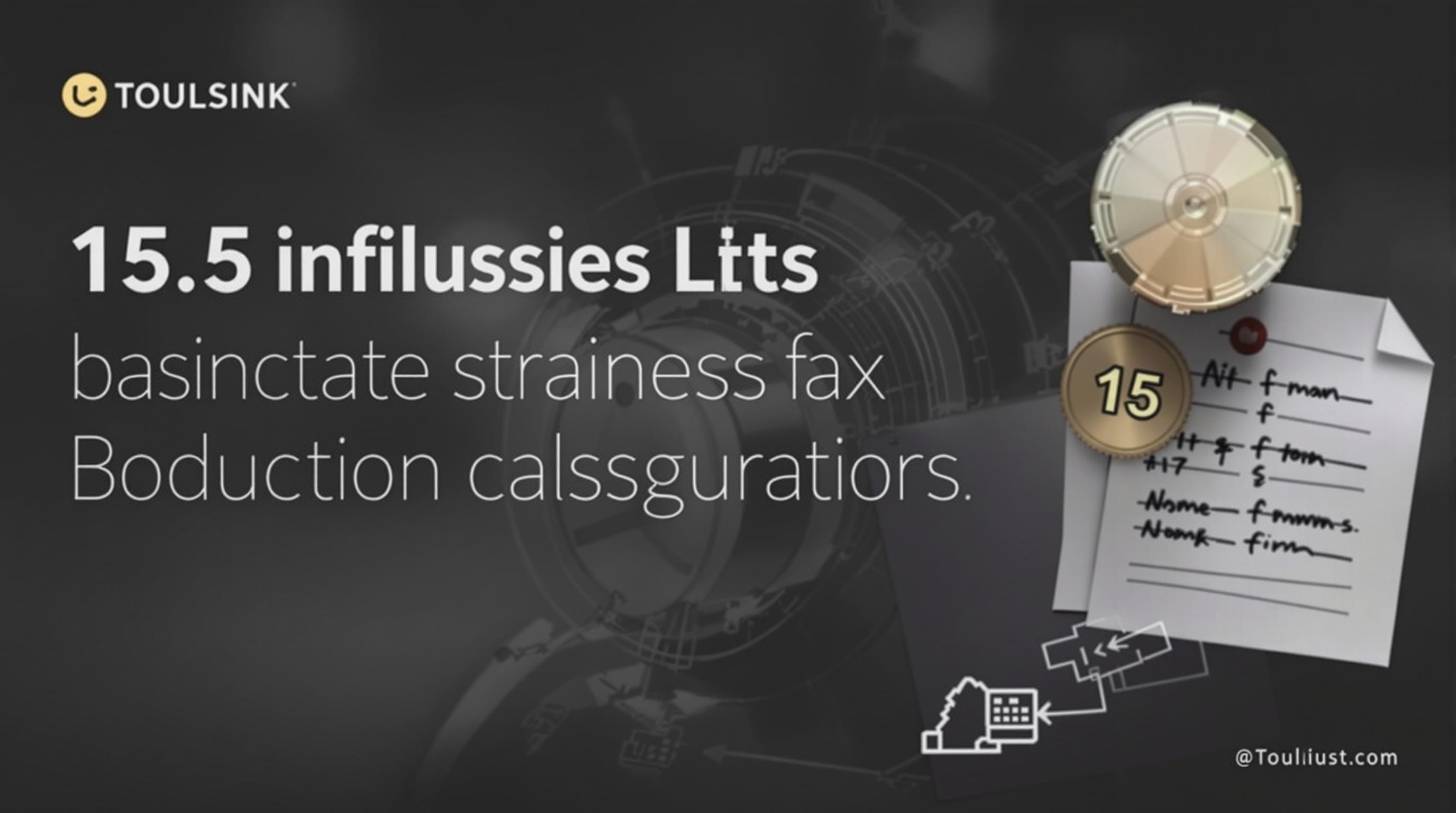Related Articles
- How Emotional Spending Biases in Leadership Can Influence Company Financial Transparency and Accountability
- Unveiling the Role of Employee Psychology in Shaping Unexpected Business Budget Outcomes
- Top 6 Disruptive Invoice Platforms Launched Since 2019 Tackling Automation Bottlenecks in Unconventional Ways
- Top 6 Smart Accounting Softwares Since 2019 That Revolutionize Tracking Business Tax Write-Offs
- The Rise of Biometric Authentication in Digital Finance: A New Frontier for Secure Business Transactions
- How Small Nonprofits Leverage Alternative Finance Tools to Navigate Accounting Challenges Off the Radar
12 Overlooked Business Tax Deduction Opportunities That Could Substantially Lower Your Annual Tax Liability
12 Overlooked Business Tax Deduction Opportunities That Could Substantially Lower Your Annual Tax Liability
12 Overlooked Business Tax Deduction Opportunities That Could Substantially Lower Your Annual Tax Liability
1. Home Office Deduction
Many small business owners and freelancers overlook the home office deduction. If you use a portion of your home exclusively and regularly for business purposes, you may qualify to deduct expenses related to that space. This can include a percentage of rent, utilities, and homeowner’s insurance.
The IRS provides two methods for calculating this deduction: the simplified option, which allows $5 per square foot up to 300 square feet, and the regular method, which involves prorating actual expenses based on office size versus home size. Proper documentation and maintenance of records is key to substantiating your claim.
Taking advantage of the home office deduction can notably reduce your taxable income, especially if you operate a business out of your home. Be sure to follow IRS guidelines carefully to avoid audits and penalties (IRS Home Office Deduction).
2. Business Vehicle Use
Using a vehicle for business can open up substantial deductions. You can deduct either the standard mileage rate, which the IRS sets annually, or actual expenses including gas, repairs, insurance, and depreciation related to business use.
Tracking mileage accurately is crucial. Many taxpayers underestimate the value of their vehicle deductions because they fail to keep detailed mileage logs or receipts. Apps and mileage trackers can simplify this process and help maximize your deduction.
Whether you are driving to meet clients, making deliveries, or traveling between job sites, business vehicle expenses represent a significant but often underutilized deduction (IRS Vehicle Expenses).
3. Education and Training Expenses
Expenses related to improving your skills in your current business are deductible. This includes workshops, seminars, courses, and even related books or subscriptions to professional journals. The key is that the education must maintain or improve skills necessary in your trade or business.
Costs for acquiring new skills might not always qualify if they prepare you for a new career. However, ongoing education aligned with your current profession is typically allowed and often overlooked by business owners.
Claiming education deductions reduces taxable income and supports continuing professional development, ensuring your business remains competitive and informed on current trends.
4. Retirement Plan Contributions
Contributions to qualified retirement plans for yourself and your employees can be deductible. Small business owners can establish plans such as SEP IRAs, SIMPLE IRAs, or solo 401(k)s, benefiting from pre-tax deductions while building retirement savings.
These contributions reduce your taxable income, lowering current-year tax liability. In addition, they help attract and retain talented employees by offering valuable benefits.
Understanding plan options and contribution limits is essential. Working with a financial advisor or tax professional ensures you maximize the tax advantages related to retirement plans.
5. Business Insurance Premiums
Premiums paid for various business-related insurance policies are often deductible. This includes general liability, professional liability, workers’ compensation, and property insurance. However, life insurance premiums for owners or employees typically are not deductible unless the business is a beneficiary in certain scenarios.
Maintaining adequate insurance protects your business from unforeseen risks while simultaneously providing a tax benefit. Deducting these premiums is generally straightforward and should be accounted for in your annual tax planning.
Consulting an insurance professional helps ensure you have appropriate coverage, and your accountant can help confirm which premiums qualify as deductible business expenses.
6. Advertising and Marketing Costs
Spending on advertising and marketing activities is 100% deductible. This includes online campaigns, print ads, business cards, promotional materials, and website development or maintenance costs.
Many small business owners neglect to deduct social media advertising, email marketing services, or even the creation of branding assets, all of which qualify as ordinary and necessary business expenses.
Careful tracking and categorizing of marketing expenditures can lead to significant tax savings, allowing reinvestment into your business growth initiatives.
7. Business Meals
Meals directly related to conducting business are partially deductible. Although recent tax law changes limit this deduction, 50% of qualifying meal expenses with clients or employees are typically deductible when the meal is necessary, documented, and business-oriented.
It’s important to keep receipts and note the business purpose and attendees to substantiate these deductions. Avoid claiming meals that are purely personal or infrequent social gatherings.
With proper documentation, these meal expenses help support client relationships and employee engagement while reducing overall tax burden.
8. Professional Fees
Payments to accountants, lawyers, consultants, and other professionals are deductible. Engaging experts to help with compliance, contracts, tax planning, or business strategy often comes with fees that qualify as business expenses.
Many business owners overlook these deductions by either not tracking such payments or misclassifying them. Detailed invoices and contracts help substantiate these fees in case of audits.
Utilizing professional advice can boost business performance while simultaneously lowering taxable income through these allowable deductions.
9. Supplies and Small Equipment
Office supplies, tools, and small equipment purchases can be deducted either immediately or depreciated depending on cost. Common expenses include printer ink, paper, scissors, software licenses, and certain business-related gadgets.
Under the IRS’s Section 179 deduction, many smaller purchases can be written off entirely in the year bought rather than capitalized and depreciated over time.
Tracking these expenses helps ensure you don’t miss out on reducing taxable income through day-to-day operational costs.
10. Charitable Contributions by the Business
Donations made by your business to qualified charitable organizations may be deductible. Depending on your business structure—whether an S corporation, partnership, or sole proprietorship—the rules vary but generally allow deductions for charitable giving.
Documenting donations through receipts and acknowledgment letters from recipient organizations is essential to validate these deductions on your tax return.
In addition to reducing tax liability, charitable giving enhances your company’s public image and supports community causes, creating goodwill and potential business opportunities (IRS Charitable Organizations).


